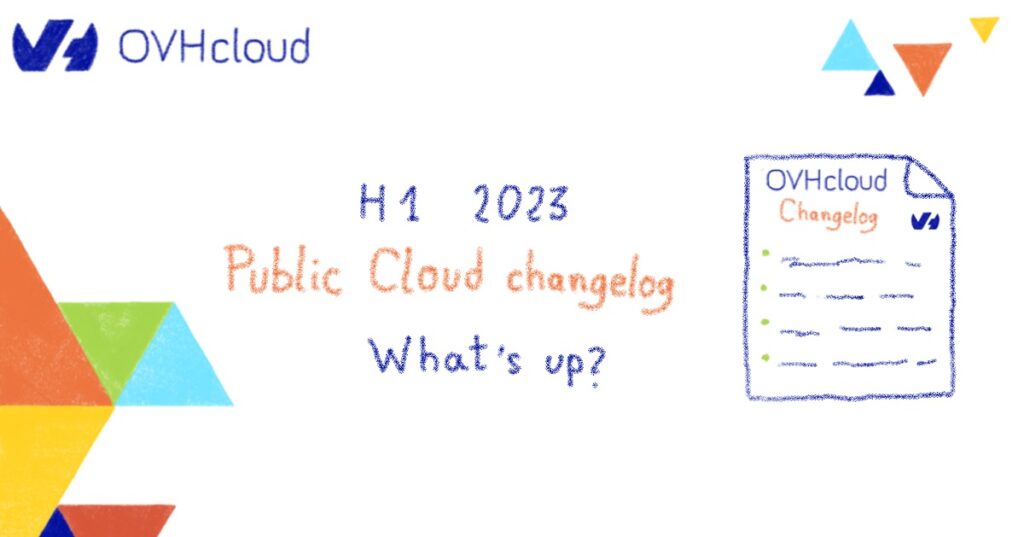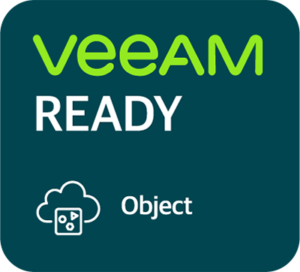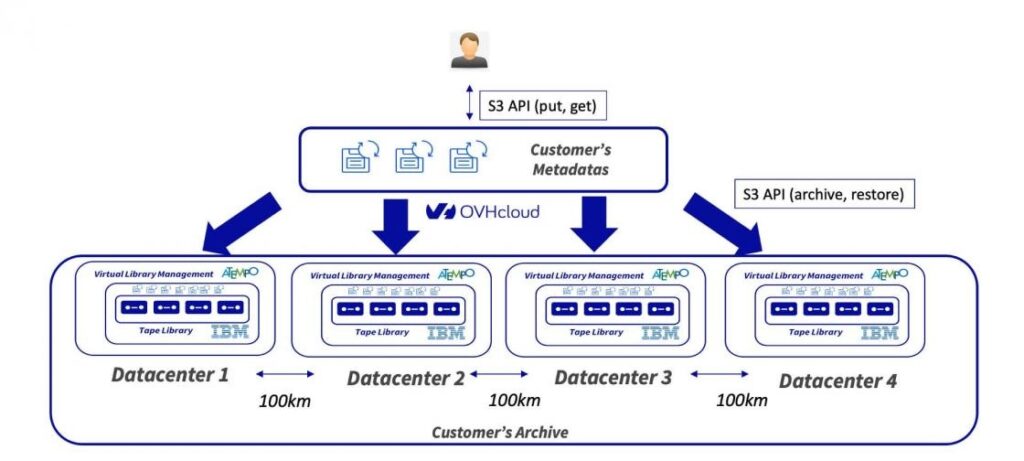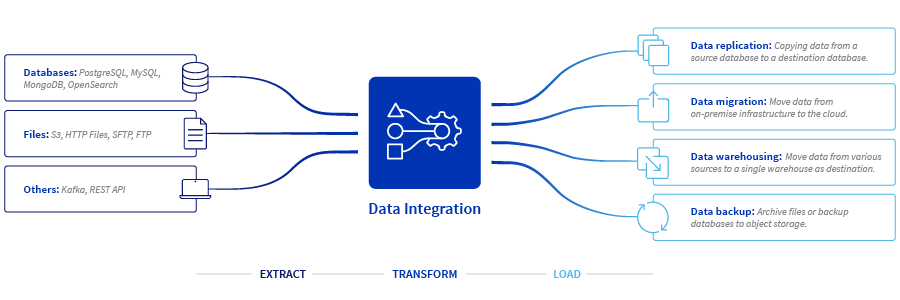
In a very competitive market, OVHcloud has to keep on evolving and adding new features to its already rich Public Cloud product catalog. We are communicating regularly about latest features to update our customers. In this section, you will find details for Public Cloud Storage product line, Data & AI and containers & orchestration.
Storage
Among the core products is the Object Storage which is a foundational service for many of our clients in their cloud architecture design. The first half of 2023 has been very rich in terms of new features but also new geo availability (for reference, you can check the available list of services in our datacenters here). Here we are going to recap all the releases that happened so far:
New regions availability
OVHcloud Object Storage classes (Standard) are now available in Roubaix, FR (RBX) region, in Limburg, DE (LIM), in London, UK (ERI) and in Warsaw, PL (WAW).
Encryption at rest
(January 2023) Server-side encryption with customer-provided encryption keys (SSE-C) allows users to set their own encryption keys. It applies AES-256 encryption to data. You can check the documentation here.
Object immutability with Object Lock (WORM)
(January 2023) Object Lock is a feature that allows you to store objects using a Write Once, Read Many (also called WORM) model and can be used for scenarios where it is imperative that data is not changed or deleted after it has been written. You can check the documentation here.
Veeam Ready qualification

(February 2023) Our Object Storage is now Veeam Ready qualified for both Object and Object Immutability categories. These qualifications assured users that storage solutions are compatibel with Veeam Backup & Replication™ features.
Server access logging
(March 2023) Access logging provides detailed records of the requests that are made to a bucket. A typical usage of access log informations is security and access audits. OVHcloud Object Storage periodically collects access log records, consolidates them in log files, and then uploads those log files in a target bucket of your choice. Server access log records are delivered periodically on a best effort basis.
You can check the documentation here.
Transfer encoding chunks
(April 2023) This option will allow real time streaming of data to maximize performance during uploads by allowing write operations to be performedwithout knowing the final size of the objects.
By default, the S3 protocol normally transfers objects in a signle chunk and requires to know in advance the size of the objects before performing write operations on disks in order to determine the best storage policy to use. This is achieved by computing the checksum of the entire payload and including it in the AWS Signature v4. This provides added security but you need to read your payload twice or buffer it in memory. The limitations on the object sizes on upload derive from this requirement and thus put a cap on the performances. With this option, objects can now be transfered in multiple data chunks of regardless of their sizes.
S3 website
(May 2023) Hosting a static has never been simplier as you can create a website that contains only static content (HTML pages, images, videos) that is scripted on the client side and upload it in a simple S3 bucket. Moreover, provided you have a valid TLS certificate, you can leverage the power of the OVHcloud Load Balancer to enforce the use of https to ensure the desired level of security.
To learn how to host a static website on S3, you can check the documentation here.
To learn how to enable https on your S3 hosted website, you can check the documentation here.
General availability of the new storage class “Cold Archive”
(May 2023) With Cold Archive, get long-term data archiving in a secure, resilient space, then retrieve it on demand when you need it. You can archive the highest volumes of data — up to several petabytes by using our most cost-effective storage solution for rarely accessed data that you have to legally store on the long term.

Get started with Cold Archive here.
More new exciting features are still on the way. One the most requested features is the Asynchrounous replication that enable replication of objects between buckets across different regions. The feature should very soon enough be open for early access so if you are interested, stay tuned for a future announcements and do not hesitate to sign up for the beta through our Discord channel or registering through voc@ovhcloud.com.
Nevertheless, we, at OVHcloud, are always keen on getting your feedbacks so do not hesitate to check our roadmap and submit your feature requests. Also, you can stay in touch with us and feel free to ask us anything by joining our Discord channel.
Data & AI
Databases
Additional storage space for flexibility
You can now adjust the storage space of your cluster according to your needs at the creation but also once it’s running without any downtime. To resize your cluster, see our guide.
Secondary backup location
You can now set a secondary backup location per service for the same price for all databases services except MongoDB (only one remote backup for now). More information in our documentation.
PITR
Point-in-time-recovery (PITR) is now available for all MySQL, PostgreSQL and MongoDB Enterprise services, directly via OVHcloud Control Panel or API. You can now restore your data at a specific timestamp.
MongoDB Remote Disk
Thanks to Remote Disk now available on MongoDB, benefit from increased storage size by default.
Flex Disk
You can now decrease your flex disk size through API to better meet your needs.
DBMS Versions support
PostgreSQL 15 and MongoDB 6 are now available in the OVHcloud Control Panel and via the API. Please refer to the DBMS lifecycle policy.
Terminate queries
You have now the ability to terminate PostgreSQL/MySQL queries directly from control panel or API. Quite useful when a specific query is impacting your cluster.
Better integration with Kubernetes clusters
Better authentication method for Kubernetes clusters with autoscaling. Now you can link together clusters located in OVHcloud or any other provider in a simplier way.
PostrgreSQL pgvector extension support
We support PostgreSQL pgvector extension. Vector databases are a new wave of data management designed for generative AI, IoT and time-series applications.
AI
AI Deploy – pre-trained models
We provide now with pre-trained models from Lettria for Sentiments & Emotions Analysis. More to come with other partners integration in the speech recognition. Stay tuned.
AI Notebooks
New support and features now avalaible:
- Support of PyTorch and Tensorflow frameworks with Python 3.10
- Quantum computer simulation available with Perceval v0.7.3, Atos myQLM and C12 Quantum Electronics
- Notebooks fork from automatic backups (workspaces)
- S3 datastores support and private GitHub repository
Data Processing
Apache Spark supported versions
New versions of Apache Spark are now available: Apache Spark 3.2.4 / 3.3.2 and 3.4.0 support.
Notebooks for Apache Spark – Alpha
Jupyter Notebooks have been integrated to our Data Processing service. You can now accelerate your data exploration by bringing fast data processing effortlessly!
Data Integration
Data Integration Beta – ETL
Data Integration beta version is launched! To be part of beta testers community, please register to voc@ovhcloud.com.

Do not hesitate to participate to our roadmap through our official Github roadmap and give your feedbacks on our Discord community!
Containers & Orchestration
New region opening for Managed Private Registry
Managed Private Registry makes it easy to manage storage and access to container images and Helm charts.
Now, it is available & hosted in our Beauharnois, Canada (BHS) and Limburg, DE (LIM) regions!
Kubernetes Database Operator
Our public cloud managed DBaaS just released their official Kubernetes Operator. It can run on any Kubernetes service, including our Managed Kubernetes Service of course!
If you were having dificulties in managing the whitelisting of nodes IPs as their K8s clusters grows, it is now solved!
If you were still thinking of adding a managed Database next to your managed K8s or the contrary, you now have another great argument to do so!

